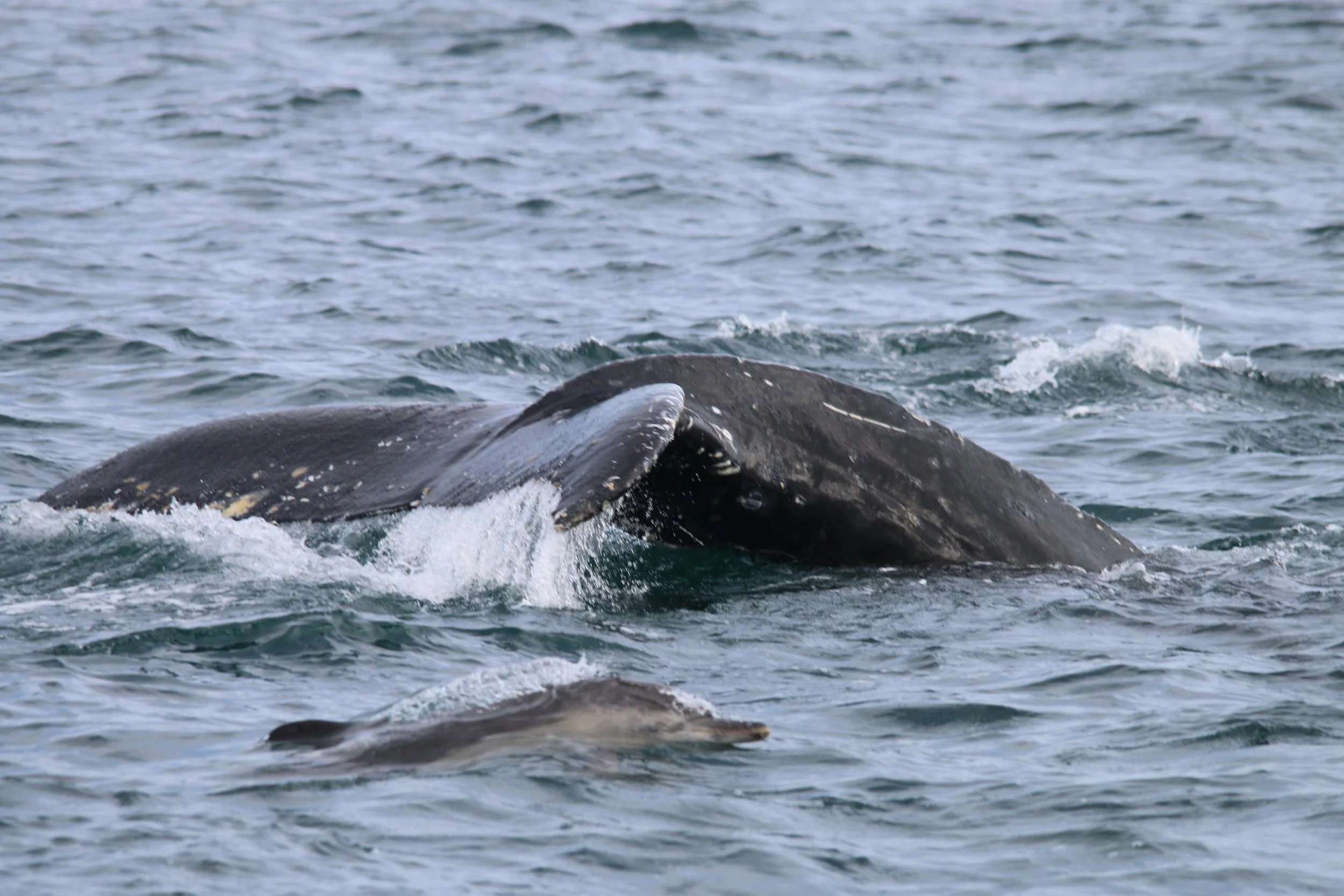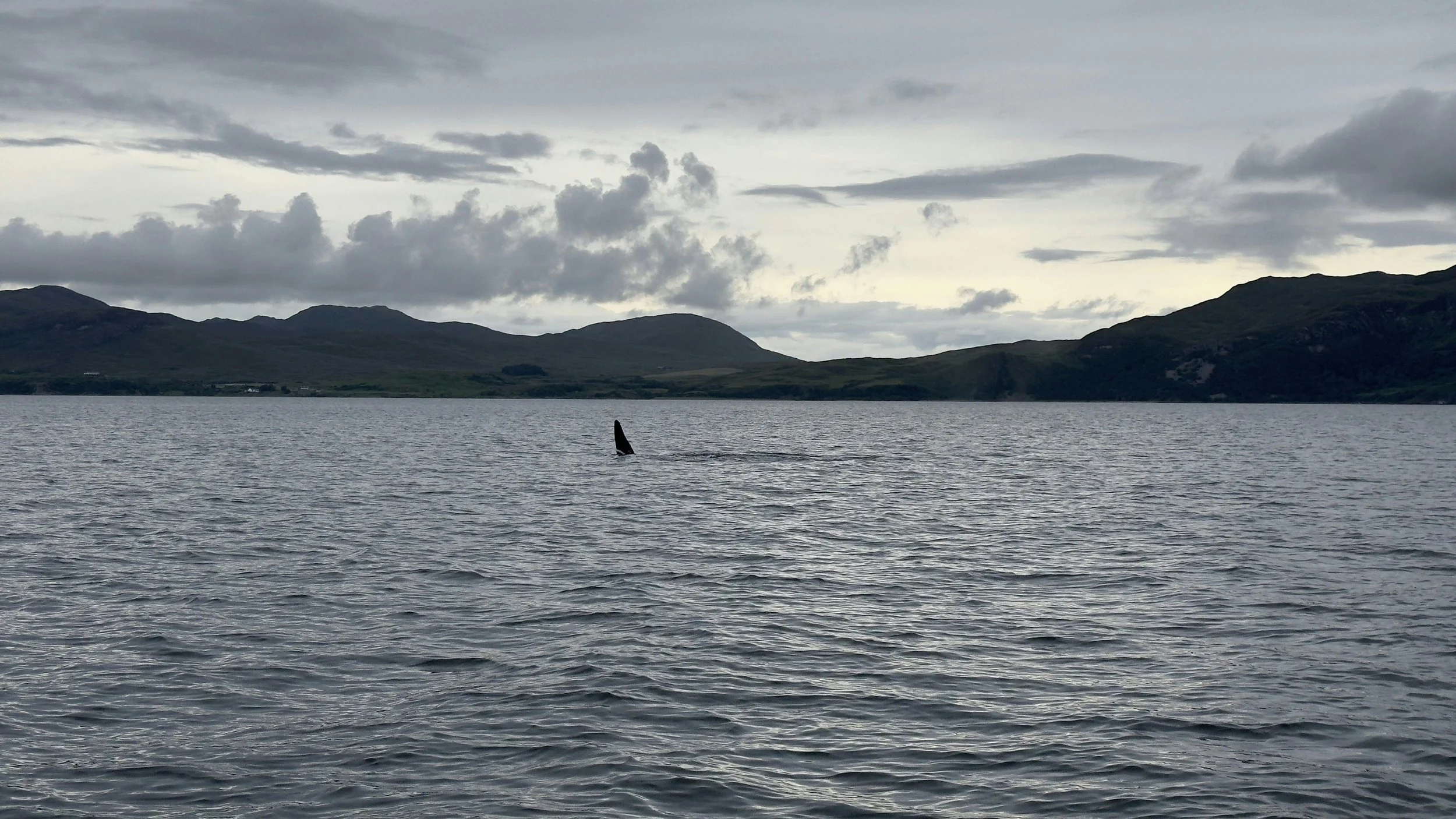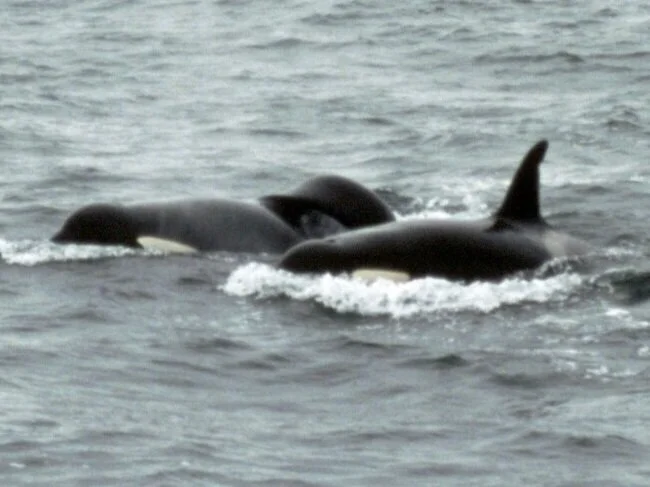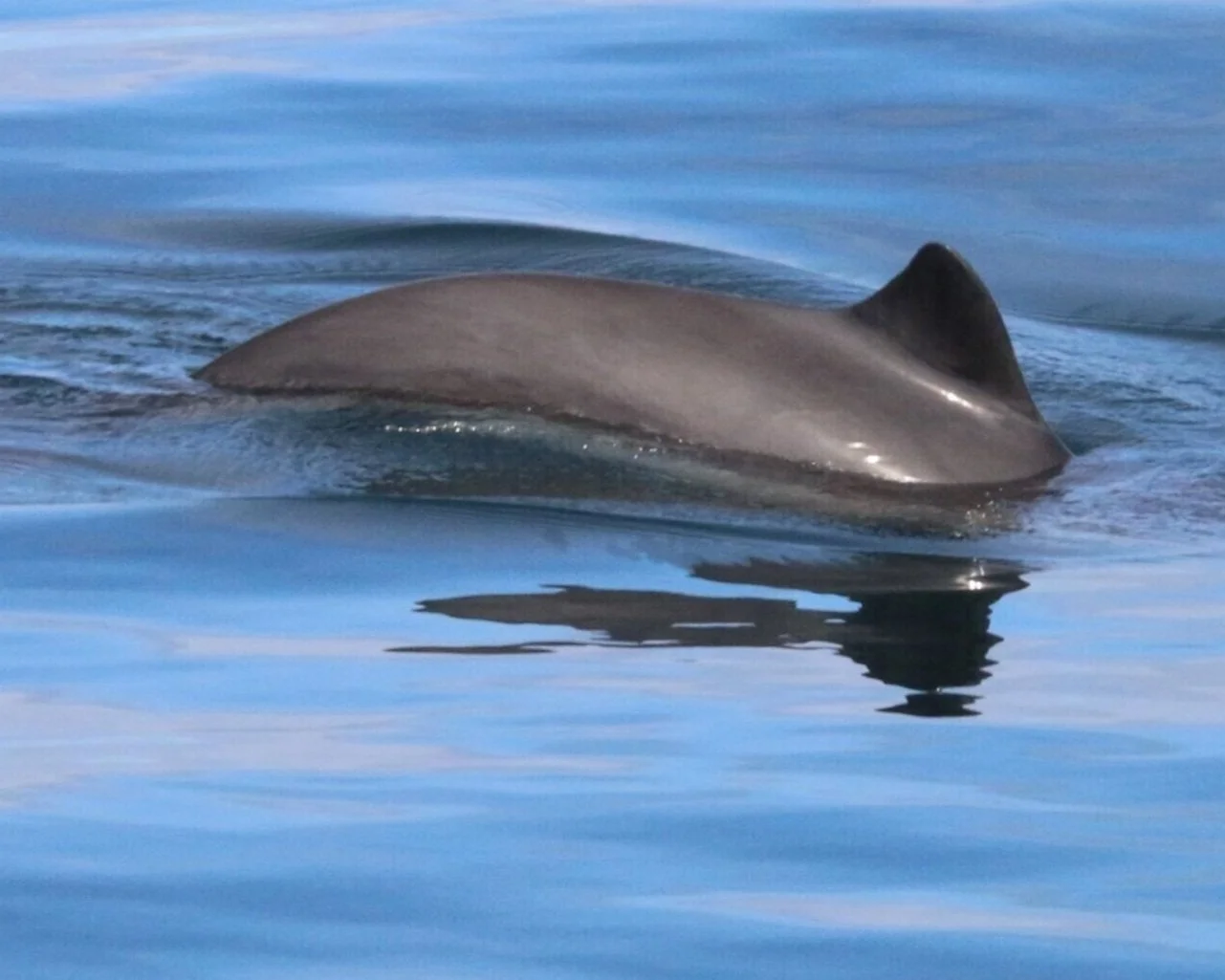Scotland’s west coast is home to some of the most extraordinary and enigmatic marine life in Europe, but much still remains a mystery. New funded research aims to catalogue bottlenose dolphins sighted in west coast waters to gain new insights into their mysterious lives.
Read MoreIn recent weeks, well known minke whales – Knobble and Kasey – have been spotted in the Hebrides. Their sightings are a powerful reminder of how vital these waters are for minke whales, and how long-term monitoring is key to understanding them.
Read MoreA quarter of the global cetacean (the collective for whale dolphin and porpoises) species have been recorded in Scotland’s seas, marking this as an important area for these creatures.
Read MoreData gathered during expeditions on our research vessel, Silurian, have contributed to a new study investigating how accurate Automatic Identification System (AIS) data is in quantifying vessel traffic in coastal waters around Scotland.
Read MoreAs everyone looks forward to the season ahead, we take a look back at what was a whaley busy winter.
©Ryan MacRae
Read MoreIn modern times, the importance and application of data is well understood; the digital world we live in has been driven by it. Data is vital to understanding trends and it’s no different when investigating environmental changes.
Read MoreDuring 2024, 11,039 sightings of whales, dolphins, porpoises, and other marine life were reported to the Hebridean Whale and Dolphin Trust (HWDT) by members of the public, or citizen scientists. Over 65,000 animals have been sighted in Scottish waters, from 17 different species.
Read MoreAs the nights draw in and the winter chill starts to bite, we look back on an awesome autumn for sightings.
©Islay Sea Adventures
Read MoreDr Michael Tetley, member for the IUCN Joint SSC/WCPA Marine Mammal Protected Areas Task Force, shares his knowledge of the opportunistic feeding strategies of minke whales in Scotland.
Read MoreWhales and dolphins are long-lived and well-travelled, with some species crossing oceans on migration. Understanding these magnificent creatures and safeguarding their futures relies on long-term monitoring, offering us a deeper glimpse into their lives and challenges.
Read MoreOur dedicated Whale Track community have continued to watch from land, record their excursions at sea and report their sightings through the record-breaking wet weather this summer.
©Logan Gibson
Read MoreOutreach Assistant Lauren Smith shares the shocking story of a devasting conflict between humans and killer whales here in the North Atlantic.
Read More2023 saw the highest sighting rates and numbers of minke whales yet recorded in the Hebrides, but the lowest known for basking sharks.
Read MoreOur expedition surveys on board our research vessel, Silurian, have been monitoring Scotland’s seas for over two decades. This long-term monitoring is critical, driving protections to restore marine biodiversity and championing healthy seas for nature and communities.
Read MoreThis spring saw some surprise sightings for some of our Whale Track community.
©Noel Hawkins
Read MoreOur Education and Sightings Officer, Sadie, and local volunteer, Sharyn, spent the weekend aboard the Northern Lighthouse Board vessel Pharos to work with the crew on using excursion mode to record their sightings.
Read MoreData gathered during research expeditions on our research vessel, Silurian, has shown that harbour porpoise are negatively impacted by Acoustic Deterrent Devices, which are used to deter seals at aquaculture sites. Here, Dr Charlotte Findlay, details the research she led to better understand the impact on this species.
Read MoreAs signs of spring are beginning to appear and everyone is looking forward to the season ahead, we take a look back at what was a wonderful winter for watching.
©Western Isles Cruises
Read MoreKiller whales hold a special wonder for many people and in recent years, John Coe and Aquarius of the West Coast Community have become local celebrities. Morven, our Communications Manager, has followed the story of the plight of these killer whales for many years. Here she shares what has been uncovered about the group since she began working at the Trust…
Read MoreThe International Union for Conservation of Nature (IUCN) Marine Mammal Protected Areas Task Force announced 33 new Important Marine Mammal Areas (IMMAs) within the Northeast Atlantic and Baltic Sea.
Read More



















